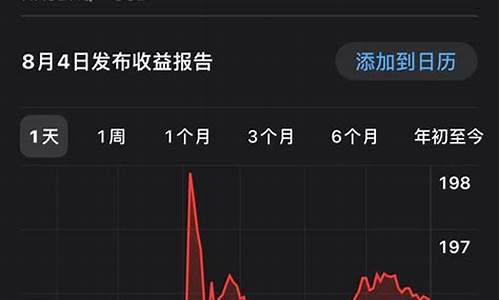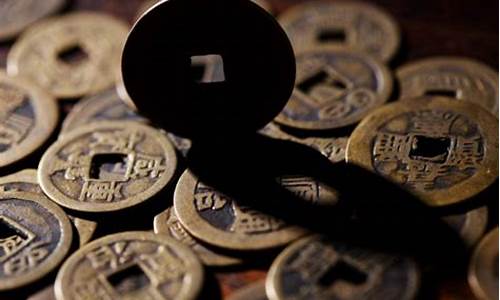
Digital currency, also known as cryptocurrency, is a type of virtual currency that utilizes cryptography for security. It operates independently of a central bank and can be transferred directly between individuals without the need for intermediaries such as banks. The concept of digital currency was first introduced in 1996 with the creation of Bitcoin, but it has since evolved into a diverse ecosystem of decentralized currencies with varying levels of popularity and adoption.
The core concept of digital currency is its use of cryptography to secure transactions and to control the creation of new units. Transactions are recorded on a public ledger called a blockchain, which ensures transparency and immutability. This technology eliminates the need for intermediaries like banks, reducing transaction fees and increasing speed and security.
Digital currency is often associated with anonymity, but this is not always the case. Some digital currencies, such as Bitcoin, do offer pseudonymous transactions, while others require users to reveal their identities. However, the use of digital currencies for illegal activities, such as money laundering and terrorism financing, is a concern for many governments and regulatory bodies.
Despite its potential benefits, digital currency faces several challenges. One major issue is its volatility, which can make it difficult to predict its value and invest in it safely. Additionally, there are concerns about the environmental impact of mining digital currencies, as it requires significant amounts of energy.
Another challenge facing digital currency is regulation. Many governments have taken steps to regulate or ban digital currencies, citing concerns about money laundering and other illegal activities. However, some advocates argue that regulations are needed to protect consumers and prevent fraud.
Overall, digital currency represents an exciting development in the world of finance and technology. While it faces significant challenges, it has the potential to revolutionize the way we think about money and financial transactions. As more people become familiar with digital currencies and their benefits, it will be interesting to see how they continue to evolve and shape the future of finance.








